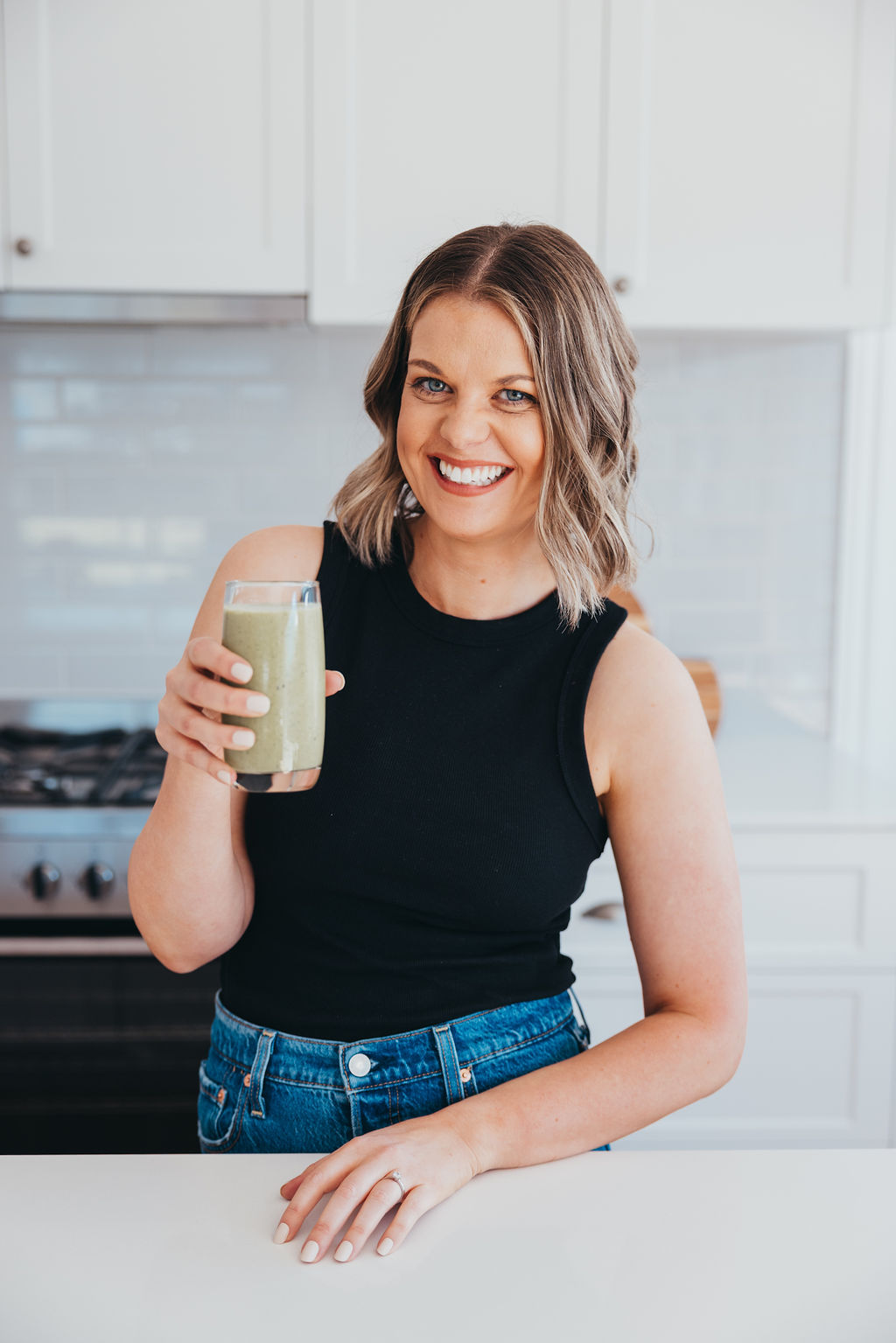If you’re trying to conceive or simply want to support your reproductive health with better nutrition, this post is for you. As a fertility coach and healthcare professional, I’ve seen firsthand how powerful food can be in supporting your cycle, improving egg quality, and helping couples fall pregnant faster.
No gimmicks. No “magic foods.” Just real, whole ingredients backed by science and experience – all of which can support natural fertility and prepare your body for pregnancy.
Here are my all-time top five fertility superfoods, and why they deserve a regular spot on your plate.
1. Spinach
Spinach is a nutritional powerhouse, especially during preconception and pregnancy. Just 100g of cooked spinach provides:
- 194mcg of folate (vital for neural tube development)
- 99mcg of calcium
- A solid dose of iron, Vitamin C, Vitamin E, and B-group vitamins
Spinach is especially helpful if you don’t eat red meat and are looking for plant-based sources of iron and folate. It’s also rich in fibre and antioxidants to support gut health, immune function, and mood.
But don’t go overboard – too much spinach may cause bloating, constipation or even kidney stones. Half a cup a day is plenty.
Pro tip: Toss it in a smoothie, add to an omelette, or stir through pasta. Just make sure it’s fresh and washed properly.
2. Bananas
Bananas are easy, versatile, and packed with fertility-supporting nutrients:
- Vitamin B6 to balance hormones and reduce morning sickness
- Potassium to regulate blood pressure
- Vitamin C for immune support
- Folate for fetal development
- Fibre to keep things moving (you know what I mean)
Their high carbohydrate content gives you a quick energy boost – perfect for that 3:00pm slump or before a workout. Just be mindful of portion size if you’re managing gestational diabetes.
And for those who love a quirky fact: one study linked a high-potassium diet (bananas included!) with a higher chance of conceiving a boy. Take that with a grain of salt, though – it’s still all about timing.
3. Nuts
Nuts tick nearly every box when it comes to natural fertility:
- Healthy fats to support hormone production
- Plant-based protein for tissue repair and growth
- Antioxidants like selenium, zinc, and Vitamin E
- Omega-3s to improve cervical mucus, reduce inflammation, and support ovulation
One of my favourite nuts for fertility? Brazil nuts. Just two per day give you your daily dose of selenium, which is essential for egg health and has been linked to miscarriage prevention.
Nuts also benefit male fertility by improving sperm count, motility, and morphology. So if you’re on this journey with a partner, don’t forget – his diet matters too.
Pro tip: Mix up your varieties. Snack on a handful (about 30g/day), blend into smoothies, or use almond meal in baking. Choose raw and unsalted when you can.
4. Eggs
Let’s talk about eggs – both the ones you’re born with and the ones you can scramble for breakfast.
Chicken eggs are a complete protein, containing all 9 essential amino acids that your body can’t make on its own. They’re also rich in:
- Folate, iron, and zinc
- Omega-3s
- Vitamins A, D, E, and B12
- Choline – crucial for baby’s brain and spinal cord development
Protein is also what keeps you feeling satisfied, which helps manage cravings and energy dips.
Important: During pregnancy, avoid raw or undercooked eggs due to the risk of salmonella. That means no sneaky spoonfuls of cake batter!
5. Salmon
Salmon earns a top spot on the fertility food list for its high omega-3 content, protein, and low levels of saturated fat. Omega-3s are especially important for:
- Balancing hormones
- Supporting uterine blood flow
- Improving egg quality and cervical mucus
There’s a lot of confusion around fish and pregnancy, mainly due to mercury content. A good rule of thumb: avoid large predatory fish (like shark or swordfish), and enjoy salmon, sardines, or mackerel a couple of times per week.
Not a fish fan? No worries. You can still get omega-3s from walnuts, flaxseeds, and pumpkin seeds – just be intentional about including them regularly.
A Final Word on Food and Fertility
Here’s the truth no one loves to hear: some women fall pregnant easily while eating poorly, and some women do everything right and still struggle. But that doesn’t mean nutrition doesn’t matter.
Eating a wholesome, balanced diet won’t just support your chances to conceive naturally – it will improve your energy, sleep, hormones, and overall health too.
And if your cycle is irregular, your periods are painful, or you feel totally confused about when (or whether) you’re ovulating, nutrition is a powerful place to start. As a fertility coach, I often remind women: start fuelling your body as if there’s already a baby growing inside.
Because it takes about 3 months to improve egg and sperm quality through nutrition – and that preparation window is golden.
Your fertility is worth protecting, whether you’re actively trying or planning for the future. And cycle charting can give you insight into how your body responds to these changes – in real time.

+ show Comments
- Hide Comments
add a comment